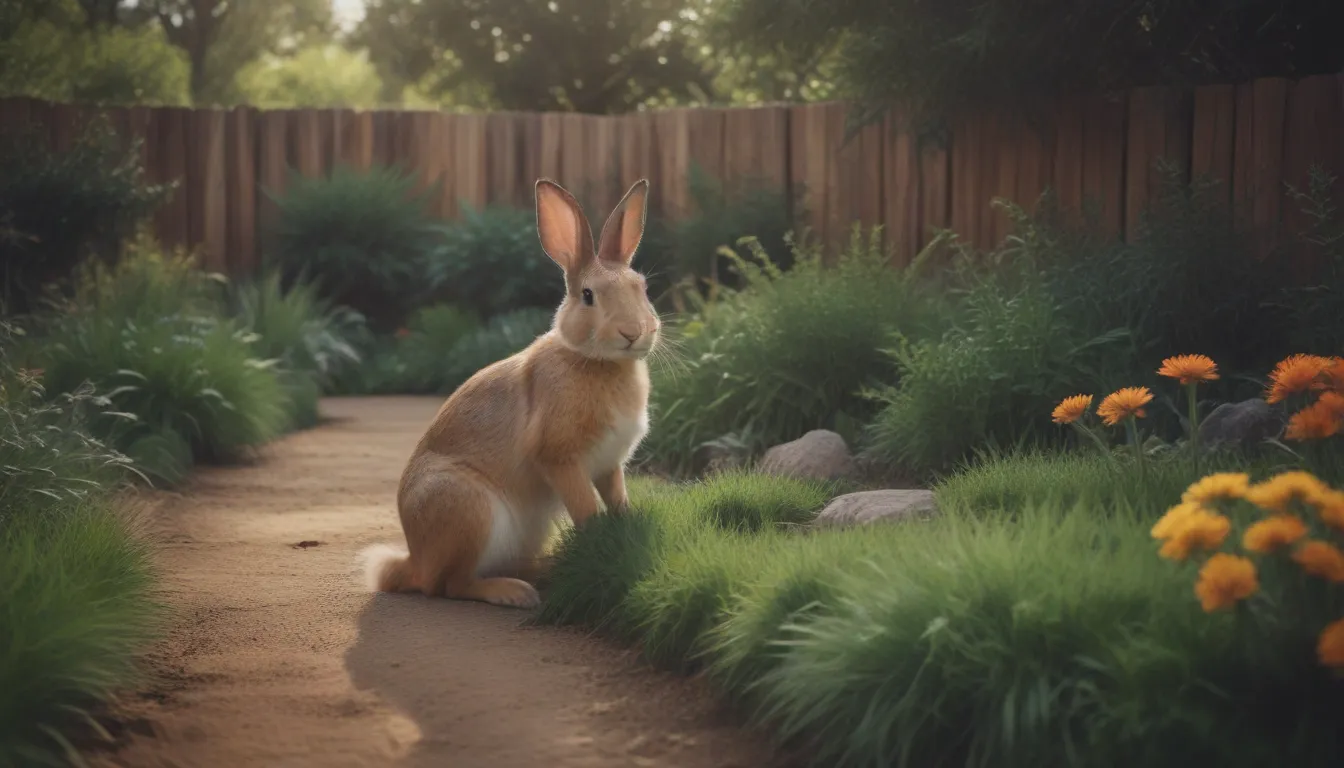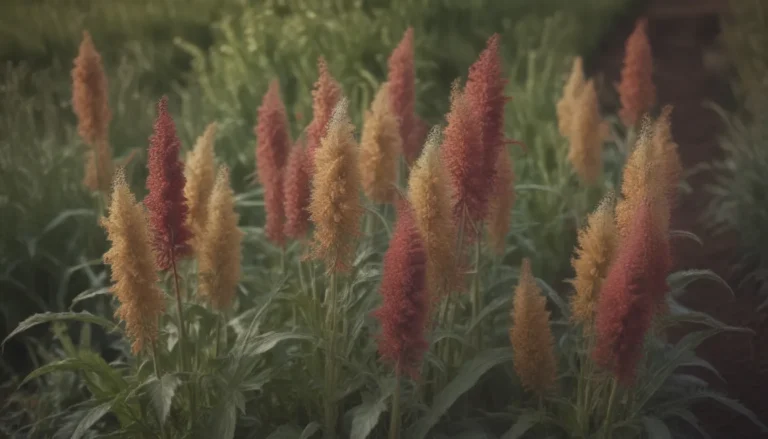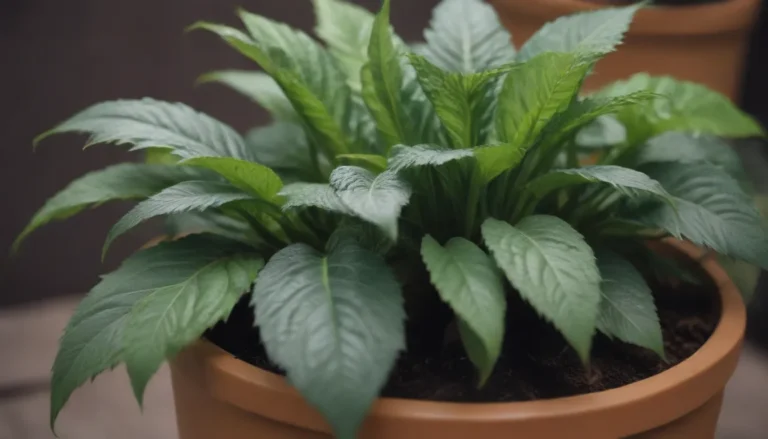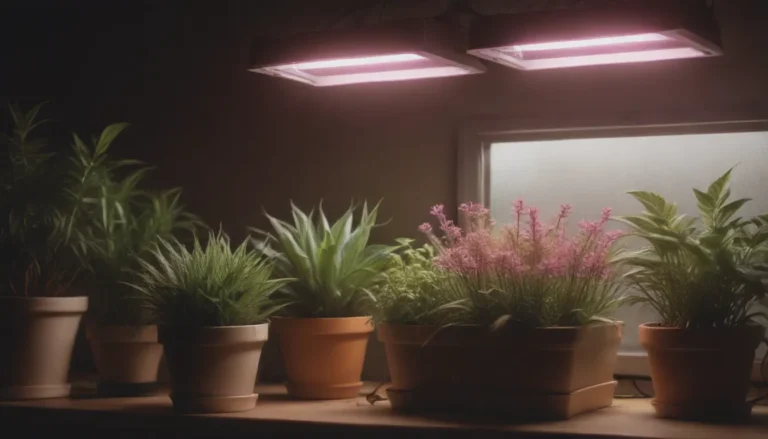Creating a Rabbit-Proof Garden: A Comprehensive Guide

Rabbits, those adorable fluffy creatures, are a common nuisance for gardeners. With their insatiable appetites for tender shoots and bark, they can wreak havoc in your garden all year round. But fear not, there are ways to deter these pesky bunnies and protect your precious plants. In this guide, we will explore the world of rabbit-proof plants and provide you with valuable information to keep your garden safe and thriving.
Understanding Rabbit Behavior
Before we delve into the world of rabbit-resistant plants, let’s take a closer look at these furry intruders. Rabbits are herbivores with a voracious appetite. They make clean, 45-degree cuts in young stems and generally feed on plants that are up to 3 feet high. Unlike deer, who leave ragged edges on plants, rabbits have large incisors and tend to leave a distinctive mark on their victims.
It’s essential to know that rabbits have their favorite foods, but when push comes to shove, they will eat almost anything. So, how do you protect your garden from these relentless munchers? Let’s find out.
Plants That Are Irresistible to Rabbits
The list of plants that rabbits find delectable is endless, but here are some common favorites:
- Vegetables, Herbs, and Fruits: Tender, young leaves are particularly susceptible to rabbit attacks in the vegetable garden.
- Annuals and Perennials: These plants often sustain the most damage as they are tender and exposed.
- Shrubs and Trees: Rabbits tend to target woody plants with thin bark, making new shoots a prime target for their feasting.
Creating a Rabbit-Resistant Garden
While there is no such thing as a completely rabbit-proof plant, there are certain strategies you can employ to deter these furry foragers. Plants with strong fragrances or fuzzy leaves like lavender and black-eyed Susan are less appealing to rabbits. Additionally, interplanting highly fragrant herbs, plants with prickly leaves, and toxic varieties can help confuse and repel these garden invaders.
Tips for Protecting Your Garden
- Planting: Choose rabbit-resistant plants and strategically place them in your garden.
- Barriers: Use physical barriers like fences or netting to keep rabbits out.
- Repellents: Consider using natural repellents like garlic or predator urine to deter rabbits.
- Companion Planting: Pair rabbit-resistant plants with attractive alternatives to divert their attention.
Rabbit-Resistant Plants by Category
- Vegetables: Aromatic, thorny, or members of the nightshade family tend to be less appealing to rabbits.
- Annuals and Perennials: Look for plants with strong scents or unique textures to deter rabbits.
- Trees and Shrubs: Certain varieties with prickly leaves or strong odors are rarely on the rabbit menu.
Additional Resources
- University of Florida Institute of Food and Agricultural Sciences: Learn how to identify rabbit damage and what rabbits eat.
- USDA National Institute of Food and Agriculture: Explore research on plants associated with animal poisoning incidents.
- Moshobane, Claude Moshobane et al.: A study on plants and mushrooms linked to animal poisoning incidents in South Africa.
Conclusion
In conclusion, while rabbits can be a persistent challenge in the garden, there are steps you can take to protect your plants and maintain a flourishing garden. By choosing rabbit-resistant plants, implementing deterrent strategies, and staying informed about rabbit behavior, you can create a thriving garden sanctuary free from furry invaders.
Remember, gardening is a labor of love, and with the right knowledge and tools, you can overcome any obstacle that comes your way. So, roll up your sleeves, put on your gardening gloves, and let’s create a rabbit-proof paradise together!





